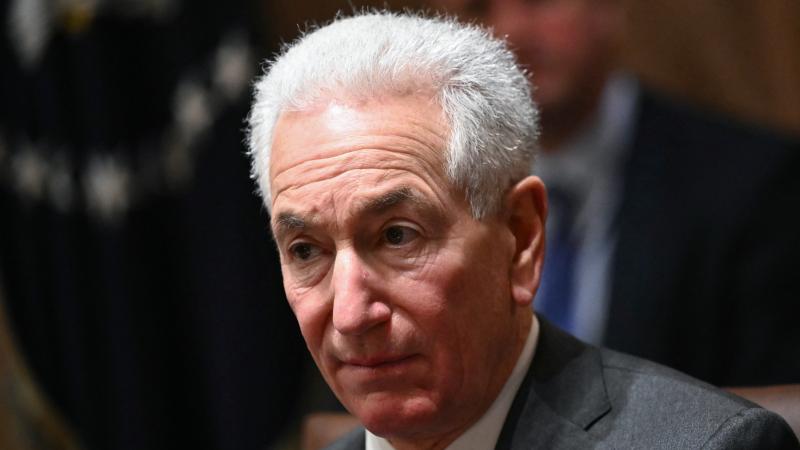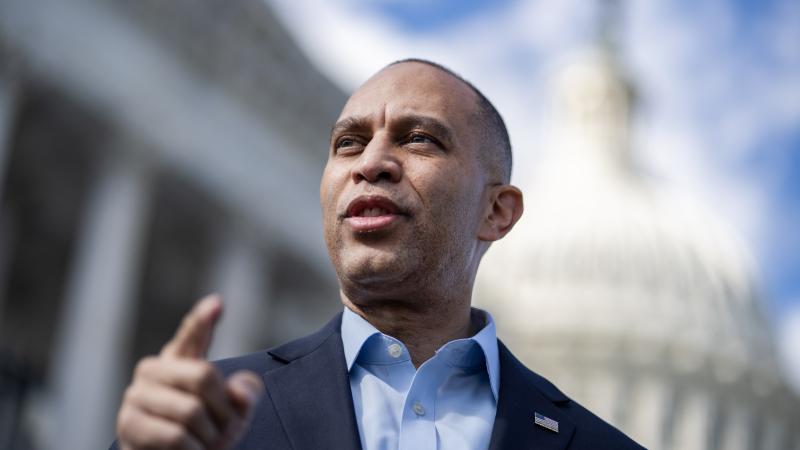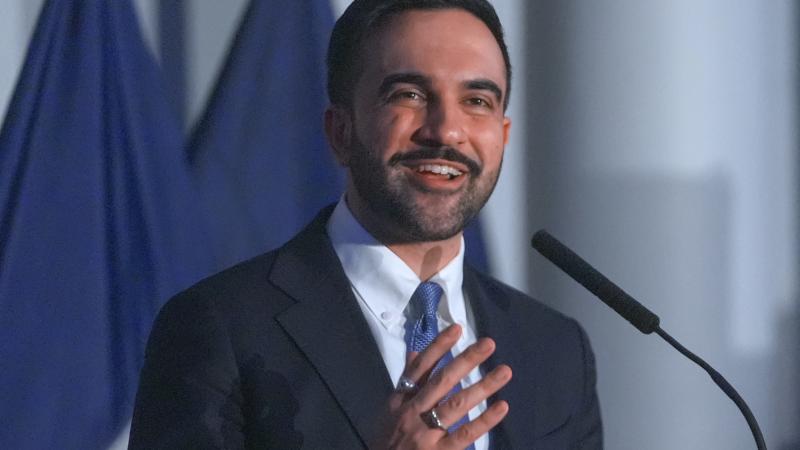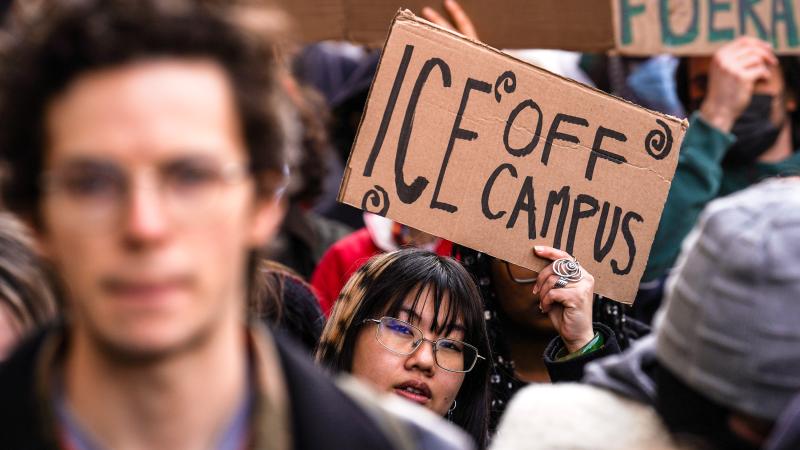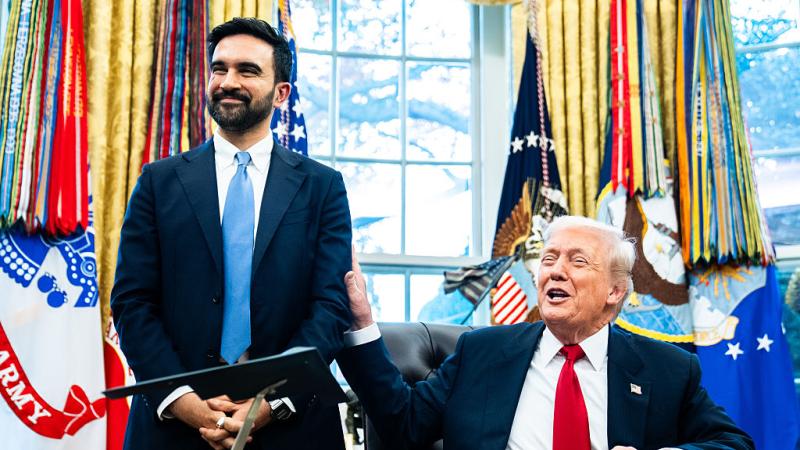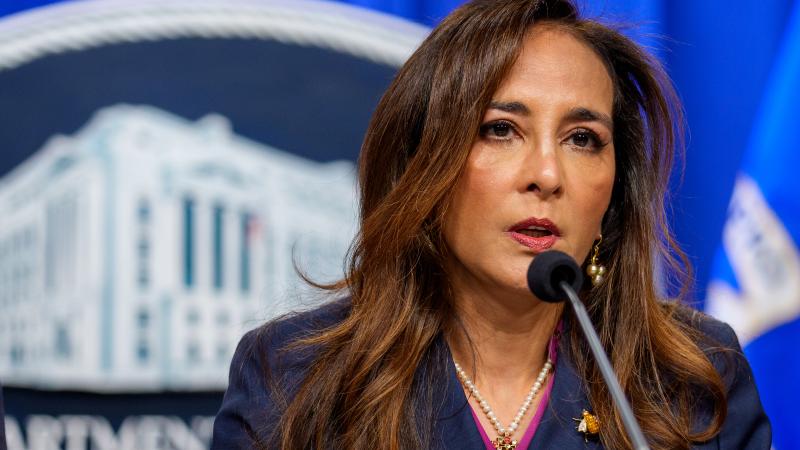Tale of two border crises: EU strikes 'historic' deal while U.S. barrels toward impeachment
Perhaps the biggest common denominator for the U.S. and EU is the issue of what is a "refugee."
Washington lawmakers in their failure to strike an agreement on comprehensive immigration reform – much less a more immediate one to provide additional funding for border security – are not alone.
The member states of the European Union have for years wrangled over a united refugee policy.
Late last month, the states and the European Parliament stuck a deal to reform the bloc's migration policy that focuses on such issues as detention periods, racial profiling, unaccompanied minors and border surveillance. However, the "historic" deal is only preliminary and still needs formal ratification.
Perhaps the biggest common denominator for the U.S. and EU is the issue of what is a "refugee," defined by the United Nations as somebody who has "fled their homes to escape persecution, conflict, violence, serious human rights violations or other events seriously disturbing public order, and who seek safety in another country.”
And they are legally protected and guaranteed the right to seek asylum by a 1967 international protocol signed by the U.S. and 145 other countries.
To be sure, the refugee issue is worldwide. And in the United States, economic conditions in the so-called Northern Triangle countries of Central America – El Salvador, Guatemala, and Honduras – are a major factor, which has sparked debate about whether that is indeed included under refugee status.
The latest figures from the United Nations showed that as of mid-2023 there were more than 30.5 million refugees in the world, nearly 50% more than in 2020.
“The number of refugees globally rises each year, in part because there are new and ongoing humanitarian crises, such as in Syria, Ukraine, Sudan, Venezuela, and Afghanistan,” Eujin Byun from the United Nations High Commissioner for Refugees told Just the News.
Beyond sharing root causes, the citizens and leaders of the U.S. and European countries across the Atlantic also share fears and attempted solutions to the problem.
Among the shared concerns about the record influx of refugees are job loss, overcrowding, terrorism, abuses of social benefits and increases in government spending, according to the libertarian-minded Cato Institute.
While the U.S. has sought to address the problem, at least in part, by building a wall along its southern border, southern European countries are closing their ports.
And while southern U.S. states, particularly the border state of Texas, have sent migrants to far-more liberal leaning states and cities like Chicago and New York, which has sparks fierce arguments about the politicization of the "crisis," the idea of burden sharing and settlement costs has ignited similar debates in Europe.
In addition, the controversial strategy of setting up migrant processing centers in Latin American countries rather than on U.S. soil translates to similar moves for processing would-be asylum seekers in Albania or Rwanda.
The problem, according to the UN’s Byun and others, is that these strategies do little to solve the base problem, which is that until the severe crisis that can force people to abandon their homes in search of safety, security and prosperity elsewhere, the tide of refugees will not abate.
“Without immediate and durable solutions to these crises, the numbers will continue to increase,” Byun said.
Such issue are acute in the United States.
Last month, there were 302,000 migrant "encounters" along the country's southwest border, purportedly the highest monthly total ever recorded.
This week, congressional Republicans will begin impeachment proceeding on Homeland Security Secretary Alejandro Mayorkas, for what they consider his failure to address the "crisis," while Capitol Hill lawmakers risk shutting down the government within the next several weeks unless they can agree on a spending bill in which the GOP wants more border-security spending.
Meanwhile, these and other related topics will be on full display in the presidential election in November as well as in 27 European Union member states for the once-every-five-year election for members of the European Parliament, scheduled to take place in June.
The Facts Inside Our Reporter's Notebook
Links
- united refugee policy
- ârefugeesâ are defined
- 1967 international protocol
- more than 30.5 million refugees in the world
- increases pressure
- according to the libertarian Cato Institute
- building the border wall
- closing the ports
- Sending migrants from border areas in the U.S. to far-away blue states
- burden sharing
- migrant processing centers in Latin American countries
- Albania
- Rwanda
- election for members of the European Parliament
- force people to abandon their homes


